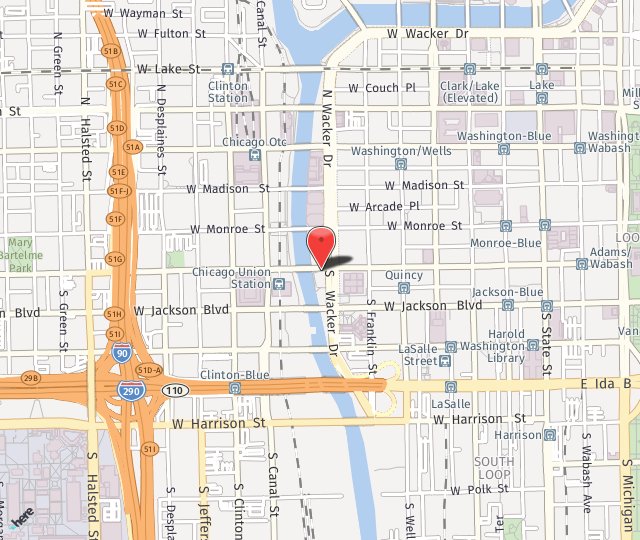Unfortunately, wage theft (including overtime violations) is all too common an occurrence here in Illinois, especially for lower-income workers who may not feel like they can stand up to their employer because they need the job. However, you should know that wage theft is illegal, and you can hold your employer accountable as well as retrieve your stolen wages plus other damages.
If your claim involves only a small amount of money and is straightforward, you may be able to file a claim with the Illinois Labor Department yourself. However, if your case involves a more significant amount or has the potential to be more complex, you will most likely be better off hiring a lawyer experienced in wage theft cases.
The consumer law attorneys at Markoff Leinberger have years of experience helping employees and former employees retrieve the wages they are rightfully owed by their employers, as well as liquidated and punitive damages. Call us at 888-517-9115 to schedule your free legal consultation.
Common Examples of Wage and Overtime Theft
Your employer may have been underpaying you without your knowledge. Take a look at some of the most common examples of wage theft and overtime violations to see if any of these circumstances match your own.
- Unpaid Overtime: Employers will often find any excuse not to pay overtime, whether they get around it by misclassifying employees or by simply refusing to log overtime hours worked by employees. If you are an hourly employee, you are entitled to overtime unless you meet specific criteria for exemption.
- Illegal Deductions: Deductions can only be taken from paychecks if they are authorized by law (such as social security, taxes, insurance deductibles) or if the employer gets your consent in writing. Often, employers will try to deduct pay from an employee in order to reduce overhead costs and cut corners. Examine your paycheck and if you notice deductions that you don’t think should be there, don’t hesitate to contact us.
- Illegal Tip Pooling: While tip pooling is legal in Illinois, tips can’t be shared with non-tipped employees such as dishwashers or cooks, and when pooling your tips you shouldn’t drop below minimum wage. In addition, managers and supervisors cannot take part in a tip pool.
- Working Off the Clock: If you are working, you should be paid for that time. When employers make you stay late to clean up or come in early to perform opening tasks, you are still entitled to wages for that time even if you are “off the clock.” If the extra work would normally be considered overtime, you are entitled to time and a half for that work.
- Misclassification of Employment: Many employers misclassify workers as independent contractors in order to avoid paying taxes, healthcare benefits, overtime, worker’s compensation, and more. Independent contractors must have full control of their own work and use their own equipment. If an employer classifies you as an independent contractor but regulates your schedule, has control over the work you do, and takes deductions from your paycheck to cover costs of equipment used, then you have likely been misclassified.
Call Markoff Leinberger For Your Free Consultation
If you want to sue your employer because you believe they have committed wage theft or overtime violations, please do not hesitate to contact Markoff Leinberger at 888-517-9115 to schedule your free legal consultation. We are here to help you obtain the wages you rightfully earned.
We serve clients in Chicago, Illinois and nationwide.

